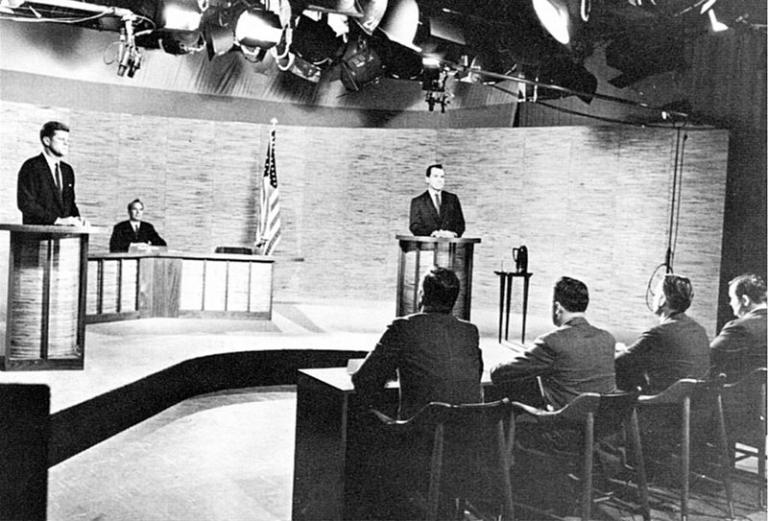
It’s widely judged by historians that Nixon won this debate on substance, while Kennedy won it on style and appearance — and, therefore, won it altogether.
Robert M. Bowman, Jr., is a professional Evangelical polemicist often writes and speaks against Mormonism. To his considerable credit, he’s both much brighter and substantially nicer and more civil than many in his profession, and my interactions with him have been relatively pleasant.
Here, though, are three pieces in which the redoubtable Robert Boylan responds to Dr. Bowman:
http://scripturalmormonism.blogspot.com/2016/06/response-to-robert-bowman-part-1.html
http://scripturalmormonism.blogspot.com/2016/06/response-to-robert-bowman-part-2-sola.html
http://scripturalmormonism.blogspot.com/2016/06/response-to-robert-bowman-part-3.html
Seeing these replies reminds me that I’ve been invited to participate in a public debate with Dr. Bowman. In California, I think. The invitation came while I was traveling out of the country recently (for a month), and responding to it slipped off my to-do list.
Frankly, I’m disinclined to accept the invitation. Principally because I have a lot of things to do and a lot of really important things that I’m already not doing and not getting to. But also because — I was a reasonably successful debater in high school, so I know these things from firsthand experience — I’m not convinced that public debates are a very effective way of getting at or pointing to truth. Too much depends upon quick-wittedness, cleverness, and rhetoric. (As I say, to be perfectly candid, I’m fairly good at such things — so it’s not a matter of unease, it’s more a matter of dislike. And because such debates, often before very partisan audiences, can become quite nastily contentious.)
I heartily dislike American presidential “debates,” which are more about soundbites and “zingers” than about serious, substantive discussion of complex issues.
I’m much more inclined (though, even here, lack of time, coupled with a long list of preexisting priorities, would argue against it) to written discussions, where there is no time clock, no premium placed upon one-liners and zingers and crowd-pleasing oratory, no playing to an audience, and no length limit.
In other words, since nobody has the time or inclination to do debates in the Lincoln-Douglas style any more — seven one-on-one debates, each with a one-hour opening speech, a ninety-minute rebuttal, and a half-hour response to the rebuttal — I like the kind of debating that appears in the Federalist Papers, which originated as replies to critics of the proposed United States Constitution.











